If we really want something done, it is best to do it ourselves
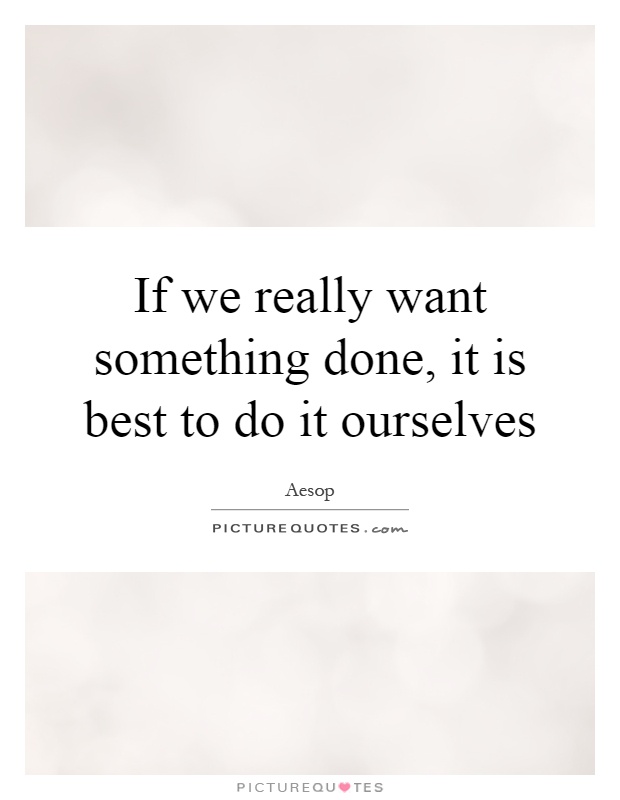
If we really want something done, it is best to do it ourselves
Aesop, the famous ancient Greek storyteller, is known for his fables that often contain moral lessons and wisdom. One of his most well-known fables is "The Bundle of Sticks," which teaches the importance of unity and cooperation. In this fable, a father gives his sons a bundle of sticks and asks them to break it. When they are unable to do so individually, he then asks them to break the sticks one by one, which they are able to do easily. The moral of the story is that there is strength in unity and working together.In the context of the quote "If we really want something done, it is best to do it ourselves," Aesop's fable can be interpreted as a caution against individualism and the belief that one person can accomplish everything on their own. While it is true that taking matters into one's own hands can be effective in some situations, there are also times when collaboration and teamwork are necessary to achieve a goal.
Aesop's fable teaches us that when faced with a difficult task or challenge, it is often better to work together with others rather than trying to do everything alone. By pooling our resources, skills, and efforts, we can accomplish more than we could on our own. This is especially true when the task at hand is too large or complex for one person to handle alone.
Furthermore, the fable also highlights the importance of humility and recognizing our own limitations. It is important to acknowledge when we need help and to seek out the expertise and support of others. By working together, we can leverage each other's strengths and overcome our weaknesses, ultimately leading to a more successful outcome.



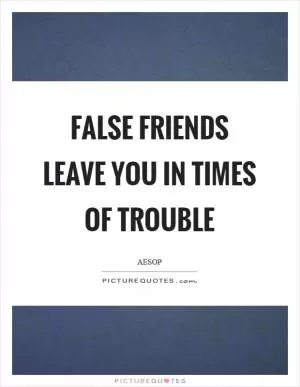
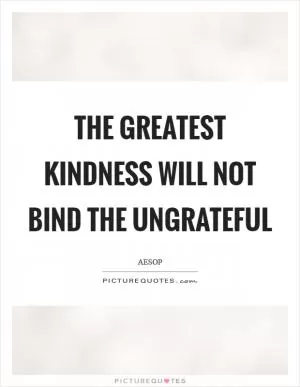


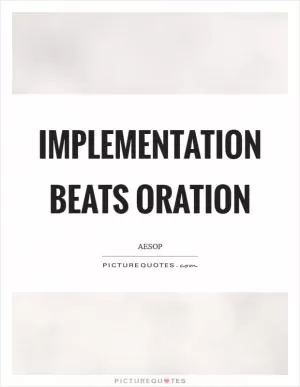
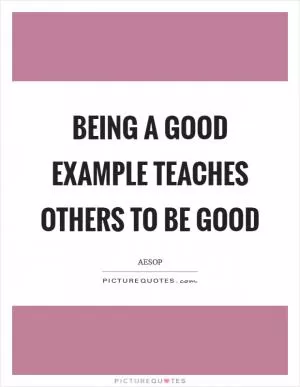

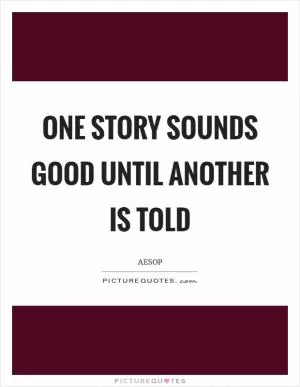

 Friendship Quotes
Friendship Quotes Love Quotes
Love Quotes Life Quotes
Life Quotes Funny Quotes
Funny Quotes Motivational Quotes
Motivational Quotes Inspirational Quotes
Inspirational Quotes